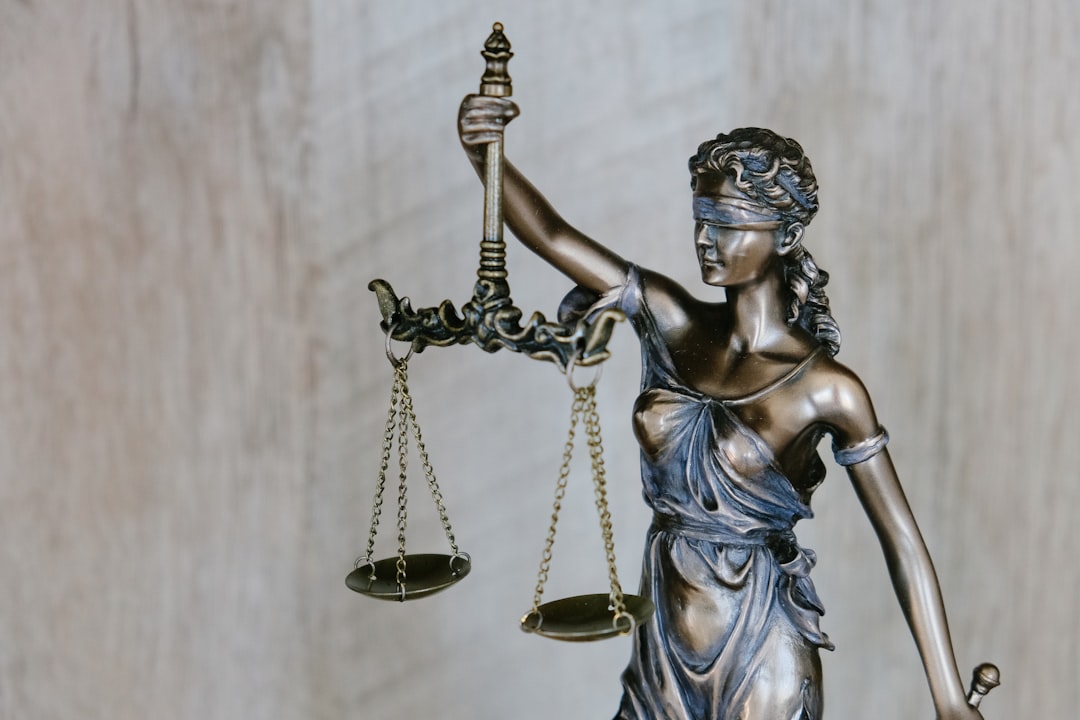In Georgia, debt collection practices are governed by state and federal regulations, including the Fair Debt Collection Practices Act (FDCPA) and Georgia's Debt Collection Practices (GDCP). These laws protect consumers from abusive behavior like repeated calls, threats, and false statements. Residents can assert their rights by demanding validation of debts, maintaining respectful communications, and documenting all interactions. Legal action against abusive debt collectors includes seeking statutory damages, attorney fees, and injunctive relief through complaints to the Georgia Attorney General's Office or small claims court. Gathering detailed information and consulting a consumer protection attorney are crucial steps for protecting one's rights under these laws.
In Georgia, understanding the debt collection laws is crucial for consumers facing aggressive collectors. This article explores the legal framework surrounding debt collection practices in the state, shedding light on what constitutes abusive behavior. We delve into the rights of Georgia consumers and the legal actions they can take against unjust debt collectors. By equipping yourself with knowledge, you’ll be better prepared to navigate this complex landscape and protect your rights under Georgia’s debt collector laws.
Understanding Debt Collection Laws in Georgia

In Georgia, debt collection laws are governed by both state and federal regulations, ensuring consumers are protected from abusive or unfair practices. The Fair Debt Collection Practices Act (FDCPA) sets forth guidelines for how debt collectors must conduct themselves when communicating with debtors. These rules include restrictions on the time of day they can contact you, the types of communication allowed (such as phone calls or written notices), and the level of harassment that is prohibited.
Understanding these laws is crucial for consumers in Georgia facing debt collection actions. State laws, like the Georgia Fair Debt Collection Practices Act, offer additional protections, such as limiting the amount of pressure or threats collectors can use. Knowing your rights under these regulations can empower you to take appropriate legal action if you believe a debt collector has violated them, providing a vital safeguard against abusive debt collection practices.
What Constitutes Abusive Debt Collection Practices?

Debt collection practices can quickly become abusive if they violate consumer protection laws and regulations, such as those established by the Fair Debt Collection Practices Act (FDCPA) in the United States. In Georgia, debt collectors must adhere to specific legal guidelines, which include refraining from using abusive or coercive language, making false statements about a debtor’s financial situation, or employing harassment tactics.
Abusive debt collection practices may involve repeated and unwanted phone calls, threatening language, misrepresentations about the legal consequences of non-payment, or even the use of violence or physical threat. Georgia law allows consumers to take legal action against debt collectors who engage in such conduct, seeking damages and injunctive relief to stop the abusive behavior. Understanding one’s rights under these laws is crucial for those facing debt collection issues.
Legal Actions and Rights for Consumers in Georgia

In Georgia, consumers have specific rights and legal protections against abusive debt collectors under the state’s debt collection laws. The Georgia Law on Debt Collection Practices (GDCP) outlines strict guidelines for how debt collectors can interact with individuals, ensuring fairness and preventing harassment. If a consumer feels they have been treated unfairly or their rights violated by a debt collector, they are entitled to take legal action. This may include filing complaints with the Georgia Attorney General’s Office or seeking damages through small claims court.
Georgia residents can assert their rights by demanding validation of the debt, ensuring communication is clear and respectful, and keeping detailed records of all interactions. If a debt collector breaches these laws, consumers can pursue legal remedies such as suing for statutory damages, attorney fees, and injunctive relief. These measures are designed to hold abusive debt collectors accountable and protect the rights of Georgia citizens.
Steps to Take If You're a Victim of Abusive Debt Collection

If you’ve fallen victim to abusive debt collection practices, it’s important to take action and protect your rights under Georgia law. The first step is to gather all relevant information about the debt collector and the debt they are attempting to collect. This includes obtaining a written validation of the debt, which requires the collector to provide details such as the original creditor, the amount owed, and the date of the last payment. Keep records of all communications with the collector, including dates, times, and a log of what was said or written.
Once you’ve documented the abusive behavior, consider reaching out to the Georgia Attorney General’s Office for guidance and assistance. They offer resources and support for consumers facing unfair debt collection tactics. Additionally, consult with an attorney specializing in consumer protection law, who can provide legal advice tailored to your situation. Remember, Georgia laws are designed to protect individuals from aggressive debt collection methods, so don’t hesitate to exercise your rights and take proactive measures against abusive debt collectors.






